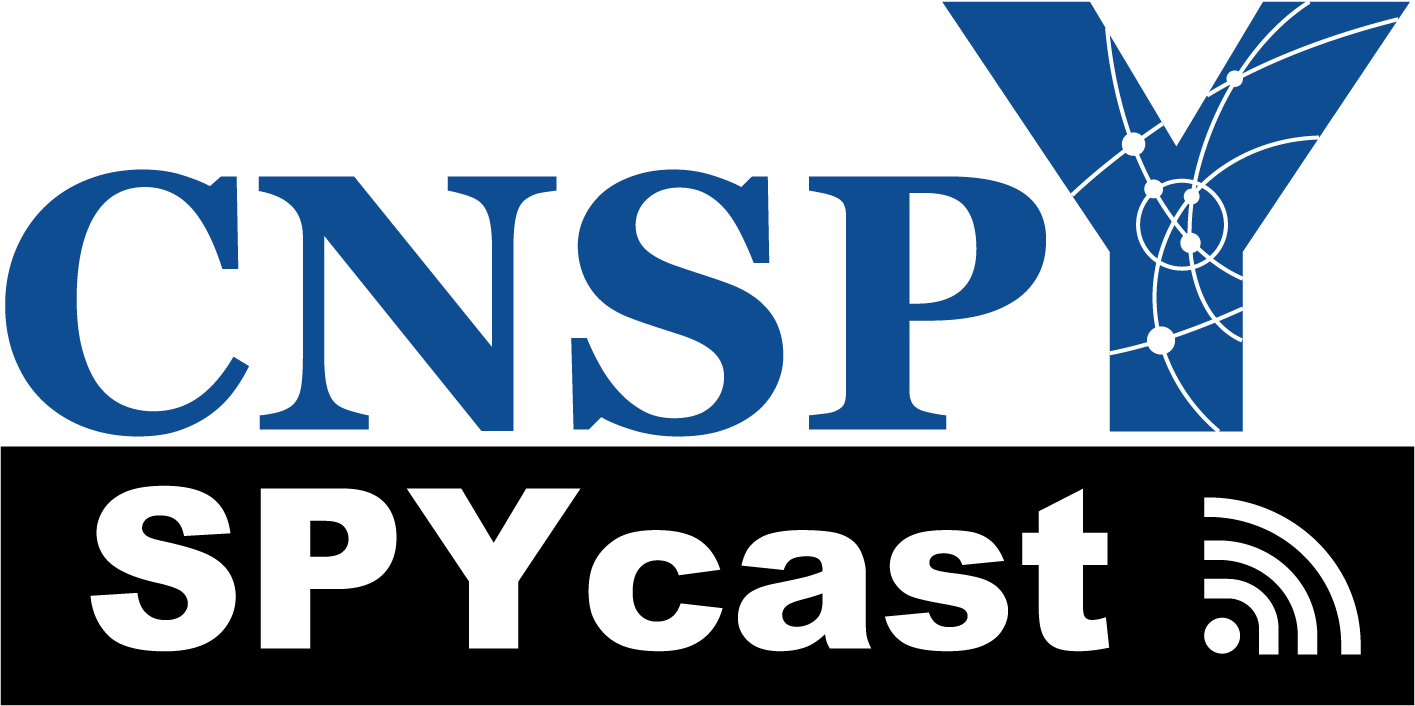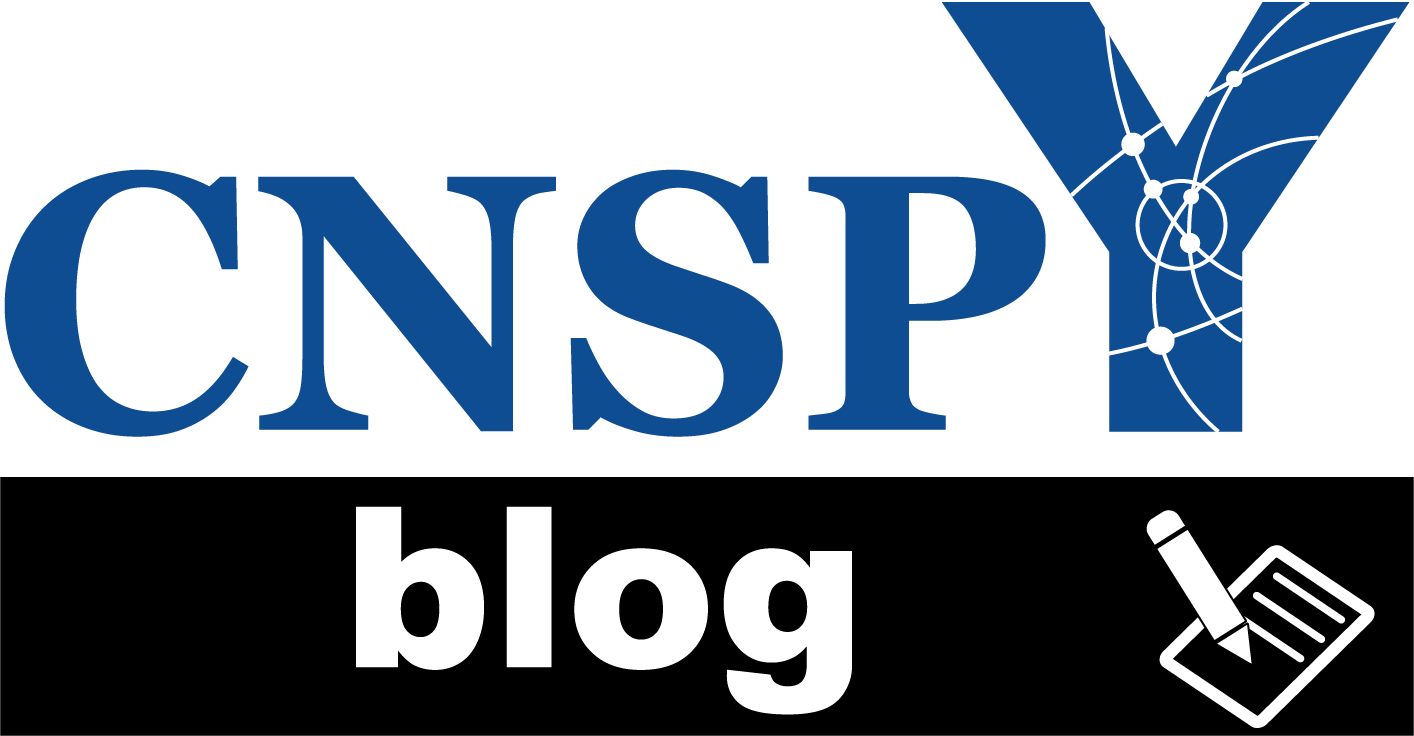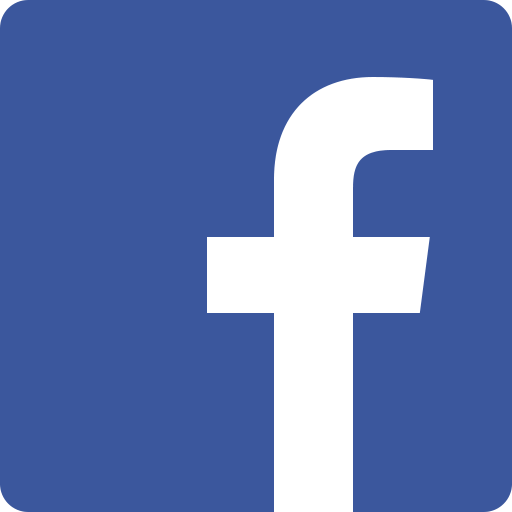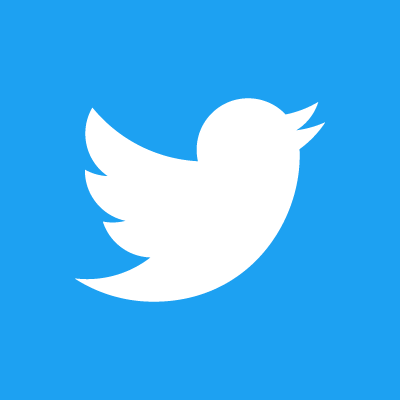Here’s guest blogger Kristen with part II of her blog series on informational interviews…
In our last blog, I shared what an informational interview is, why you should do one, and how to secure an interview. In this blog, I’ll share some tips to help you prepare for your interview.
Now that you have secured your meeting with your interviewee, you should prepare ahead of time to ensure that you have a successful interview. In addition to making sure that you get all of your questions answered, a successful interview will give the interviewee a good impression of you and foster an ongoing relationship. This will allow you to develop the interview into a new point of contact for future job openings, a resource for additional questions, and a connection to meet other professionals.
Step One: Do your homework
Remember, an informational interview is an opportunity to gain insight that you cannot get in another way. You want to spend the limited time you have with your interviewee gaining specific information and not waste it on basic questions. With all of the online resources, blogs, podcasts, and books available you should be able to get a general understanding of the job’s duties and expected experience before your interview. This will also allow you to ask more detailed questions about what experience is really necessary or what sort of extracurricular opportunities you should pursue.
I recommend reading both informational overviews and job postings to get an impression of the career in general and qualifications that hiring managers look for. Another tip: take notes while you are researching. This will help you stay organized if you are looking at many different careers and help you remember any questions that you have.
Here are some informational resources to check out:
- Science careers (articles)
- Cheeky Scientist
- Versatile PhD
- CNSPY Careers in Focus
- CNSPY Podcasts
- Yale Office of Career Strategy
- Career Opportunities in Biotechnology and Drug Development by Toby Freedman
Here are websites to browse for job postings:
- Nature jobs
- Science careers (job board)
- Indeed
- USAJOBS
These are only a few of the many online resources. It is also worth Googling the job titles you are researching and looking at company websites.
Step Two: Identify questions you want to ask
This is probably the most difficult part of preparing for your interview, but it is also the most important. You want to ask questions that are helpful to your job search and also show interest in your interviewee as a person. I recommend opening with questions that allow the interviewee to talk about themselves because it is a good way to break the ice and put them at ease (Everyone likes to talk about themselves!). Here are some examples:
- What was your career path from your PhD to your current position? Are there other ways to transition from academia to your field?
- Were there any experiences that you had as a graduate student or postdoc that prepared you for your current position?
- Were there any experiences that you wished you had taken advantage of as a graduate student or postdoc to prepare for your current position?
After that, you can transition to other types of questions. You may want to know more details of the job position:
- I know that grant officers are in charge of overseeing grant portfolios. What exactly does this entail?
- Do you have the opportunity to travel with your job? Where do you get to go?
- From my research on job expectations is seems like scientific editors have good work-life balance. Have you found this to be true?
- Is a certification in medical writing necessary for the position of a senior medical writer or is there another path to this position?
If you are interested in the particular company they work at, you can also ask questions about company culture or the structure of the organization:
- What type of team do you work on?
- Are all of the teams within the organization structured the same way?
- Do you think you have the opportunity for advancement in your current company?
- Are there opportunities for lateral movement between departments at your company?
You may also want to ask about the interview process, application materials, or if certain things listed on the job posting are necessary:
- I’ve heard that there is a manuscript test for editors. Did you have to take tests during your interview process? Was this the same at other journals you interviewed for?
- I noticed on many job announcements that 3-5 years of pharmaceutical industry experience is typically listed as required for this position. Did you find this was the case when you were applying for jobs?
- Did you have many clips already published when you were applying for your position?
Here are a few things that I have found useful for designing my questions:
- Make the questions open ended rather than just yes or no. This will allow the interview to expand on their answer, and you’ll probably learn something that you didn’t expect.
- Even though your questions are open ended, you want to be precise in what you want to know. If you ask a really broad question, you may not get the information you are looking for.
- Ask questions in a way that demonstrates you did research the job and position ahead of time, so the interviewee doesn’t cover just the basics. You can always ask for clarification of terminology or something that they mention. For example:
Don’t say: What are your daily activities?
Instead say: From reading job postings, I know that coordinating between various teams is an integral part of your job. In what ways are you speaking with different team members? Do you coordinate lots of meetings?
- Ask questions in a way that shows you’re listening. This will demonstrate that you are actively engaged and keep the interviewee engaged as well. For example:
Don’t say: How should I get experience for this job?
Instead say: You mentioned that you spend a significant amount of time writing in your current position. What sort of writing experience do you think I should pursue to be a good candidate for a similar position?
Step Three: Organize Your Thoughts
If you are like me, you will probably come up with a really long list of questions that you want to ask, but you will not have time to get through all of them in your interview. I found it helpful to prioritize my list. What was is the most important thing that you want to know? You may not want to open with it (if it’s about something like compensation), but you definitely want to put it towards the top on your list. You also want to consider the flow of the conversation, so it doesn’t sound like you are asking random questions and not paying attention to the conversation. I found in helpful to organize my list of questions by category (job details, company, interview, etc.) and then prioritize the categories. If you find you are running short on time, you can always skip less important questions within the category.
I normally estimate that it takes 3-5 minutes for each question, so you probably want to have a list of 6-10 really important questions for a 30 minute interview. I also prepare a secondary list of about 5-10 additional questions that I can ask if there is time.
If you are doing an interview over the phone or on Skype, you can write out all your questions and have them with you for the interview. If you are doing an in-person interview, you will probably want to practice going through the questions so that you don’t forget any.
Step Four: Prepare for the Interviewee’s Questions
In an informational interview, you are the one primarily asking the questions, but the interviewee may ask you questions too. You’ll need to prepare a little for these types of questions, and this preparation will also help you think about your career. Here are some of the questions that I have been asked:
- Tell me about your science background?
- Where have you done your training?
- How you are currently preparing for the career?
- What do you want and don’t want to do in your future career?
- What do you like best about science?
In general, these questions are the interviewee trying to gage your level of understanding of the job, your interests, and your expertise. It’s important to remember that if you aren’t trying to do a primarily research position, don’t focus your answer on all your technical expertise and research accomplishments. Be sure to highlight the skills or experiences that you have outside of the lab that are relevant to the career you are looking at.
After preparation
Now that you’ve prepared, you are ready to execute your interview.
Check out our next blog post for tips on informational interview etiquette to help you have a successful interview!
Further reading:
- 3 steps to a perfect informational interview
https://www.themuse.com/advice/3-steps-to-a-perfect-informational-interview - How to ask for an informational interview (and get a Yes)
https://www.themuse.com/advice/how-to-ask-for-an-informational-interview-and-get-a-yes - How to land and ace an informational interview
https://www.forbes.com/sites/jacquelynsmith/2013/12/11/how-to-land-and-ace-an-informational-interview/3/#4fe7b479211e - Career Opportunities in Biotechnology and Drug Development by Toby Freedman






February 17, 2023 at 12:47 am
Your interviewee may not respond to your request, especially if you only very briefly met them. But at least you tried!
https://www.mywatchesuk.com/
May 19, 2023 at 2:58 pm
Thank you for useful sharing.
vozol 10000
September 14, 2023 at 7:13 am
https://www.mycfavisit.blog/survey/ is a website designed for customers to provide feedback about their dining experiences at Chick-fil-A. It aims to collect valuable customer insights to help improve the overall dining experience.
October 22, 2023 at 2:36 am
Thanks for the post.
http://www.fooddoz.com/
November 10, 2023 at 1:37 am
Ma questi “attributi magici” derivano non solo dal design esplicito di questi pezzi, ma anche dalla storia del marchio e dal ruolo che gli imitazione rolex hanno a lungo svolto. Più di un secolo di storia, ricca di aneddoti e innovazioni.
November 10, 2023 at 3:03 am
Longines Replica he was the first to use a unique type of balance spring that features a Phillips overcoil on the exterior of the spring and the less common internal Grossmann curve. While the caliber inside the Vingt-8 is used as a base, it had to be slightly reconstructed for usage in the 28ti.
March 2, 2024 at 4:46 am
Preparing for an interview might be so easy by following some result-driven tips. While doing practice for an interview you should consider your goals and read the job descriptions thoughtfully. To accomplish your interview you should know the company and should be able to define your skills confidently. To get an idea you can read blogs by essay writing service and will get tips to excel in your interview.